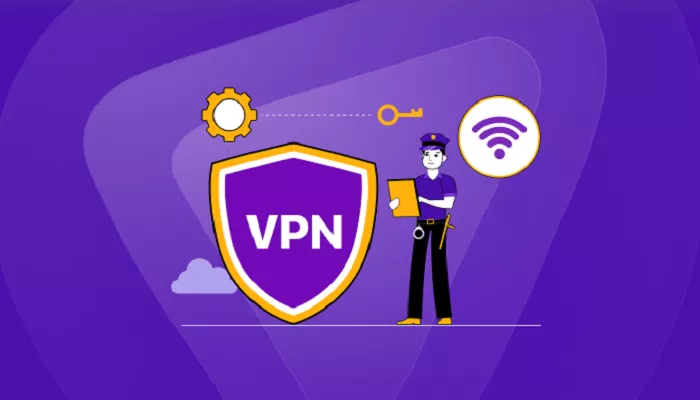In an era where online privacy is paramount, Virtual Private Networks (VPNs) have become essential tools for safeguarding personal information. Among the myriad of VPN providers, Windscribe stands out for its commitment to user privacy. However, questions often arise about the extent of this protection, especially concerning law enforcement agencies. This article delves into whether police can track activities conducted through Windscribe VPN, examining its policies, technical features, and real-world scenarios.
What is VPNs and Their Role in Privacy
A VPN creates a secure tunnel between your device and the internet, encrypting your data and masking your IP address. This process makes it challenging for third parties, including hackers and government agencies, to monitor your online activities. However, the level of privacy offered depends on the VPN provider’s policies and the legal jurisdiction in which it operates.
Windscribe’s Logging Policy
Windscribe asserts a strict no-logs policy, meaning it does not store any data that could identify users or their activities. Specifically, Windscribe does not keep:
- Connection logs
- IP timestamps
- Session logs
- Browsing history
The only data retained includes the total bandwidth used over a 30-day period and the timestamp of the last activity, solely for enforcing free tier limitations and preventing abuse.
Legal Jurisdiction and Its Implications
Windscribe is headquartered in Canada, a member of the Five Eyes intelligence alliance. While this affiliation raises concerns about potential government surveillance, Canadian law does not mandate VPN providers to retain user data. Windscribe emphasizes that even if compelled by law enforcement, it cannot provide information it does not possess.
Technical Safeguards Against Tracking
Windscribe employs several technical measures to enhance user privacy:
- RAM-Only Servers: These servers do not store data on hard drives, ensuring that all information is wiped upon reboot.
- Internal DNS Servers: All DNS queries are routed through Windscribe’s encrypted tunnel, preventing leaks to Internet Service Providers (ISPs).
- Multi-Hop Connections: Users can route their traffic through multiple servers, adding layers of obfuscation.
- Firewall (Kill Switch): This feature blocks all connectivity outside the VPN tunnel, preventing data leaks if the VPN connection drops.
Transparency and Law Enforcement Requests
Windscribe maintains a transparency report detailing all law enforcement and data requests received. To date, Windscribe has complied with zero such requests, citing the absence of relevant data.
Real-World Incident: Ukrainian Server Seizure
In June 2021, Ukrainian authorities seized two of Windscribe’s servers. While these servers contained an OpenVPN server certificate and private key, Windscribe stated there was no evidence of unauthorized access or data compromise. Following the incident, Windscribe invited third-party auditors to assess its infrastructure, reinforcing its commitment to transparency and security.
Can Police Track VPN Activity?
Generally, police cannot track live, encrypted VPN traffic. However, with a court order, they can request connection or usage logs from ISPs or VPN providers. The ability to obtain such information depends on the VPN’s logging policies and the jurisdiction’s data retention laws.
Potential Vulnerabilities and User Responsibility
While Windscribe offers robust privacy features, users must also practice safe online behaviors. Engaging in activities like logging into personal accounts or posting identifiable information can compromise anonymity, regardless of VPN usage.
Comparing Windscribe to Other VPN Services
When evaluating VPN providers, it’s essential to consider factors like logging policies, jurisdiction, and technical features. For instance, some Free VPN services may not offer the same level of privacy protection as Windscribe. Users should thoroughly research and choose a VPN that aligns with their privacy needs.
Conclusion
Windscribe VPN implements stringent privacy measures, including a strict no-logs policy and advanced technical safeguards, to protect user data. While no system is entirely foolproof, Windscribe’s commitment to transparency and user privacy makes it a reliable choice for those seeking to maintain anonymity online. However, users must also exercise caution and adopt safe online practices to ensure comprehensive protection.


